As every author has probably revealed in an interview at some point, writing a novel is hard work. Writer’s block is a constant professional hazard; characters can decide to do their own thing at a moment’s notice, and I can confirm that it’s a real struggle to stop a plot from getting soggy and slow in the middle. This doesn’t go away with practice; as Joe Fassler noted in his article My 150 Writing Mentors and Me, “The artistic process never seems to get easier, not even for the most successful, famous authors.”
In more practical terms, many writers are hampered by day-to-day life, like having to work a day job or the time-consuming commitment of childcare, something noted by the women writer’s magazine Mslexia: “Survey after survey has found that women spend more time on housework and childcare than men […] So it was for Mrs. Gaskell at the birth of the novel, complaining that ‘everybody comes in to me perpetually’ while ‘Mr. Gaskell just trots off to his study.’” There are also major structural inequalities within the world of publishing that mean Black authors and other authors of colour are underrepresented across the board, with the publishing world throwing up roadblocks such as “quotas for books by or featuring people of colour, a perceived limited appeal for these books and a feeling that authors of colour could only write about race issues.”
But when you finally get the book published, all the difficulties are worth it, right? Well, not always. Sometimes, authors deeply regret the books that they have published, even if — and sometimes because — those books made their names or brought them wild success. Arthur Conan Doyle famously hated Sherlock Holmes so much that he tried to kill the character off permanently, only to be forced to bring him back after a public outcry. Agatha Christie resented the public demand for more Poirot novels; she found her creation irritating and hated all the idiosyncrasies she had given him, something she wryly references when writing crime author Ariadne Oliver’s hatred of her own fictional detective character.
Many of the books that authors regretted writing are well known, but others come as a surprise. However, it’s important to note that nearly all of the authors who went on to regret their books are white, and most are men. As the publishing statistics show, authors of colour struggle far more than white authors to be published in the first place — it’s likely that there are simply not enough books being published by authors of colour for those authors to have those same feelings of regret about the work they have struggled to get out there in the first place.
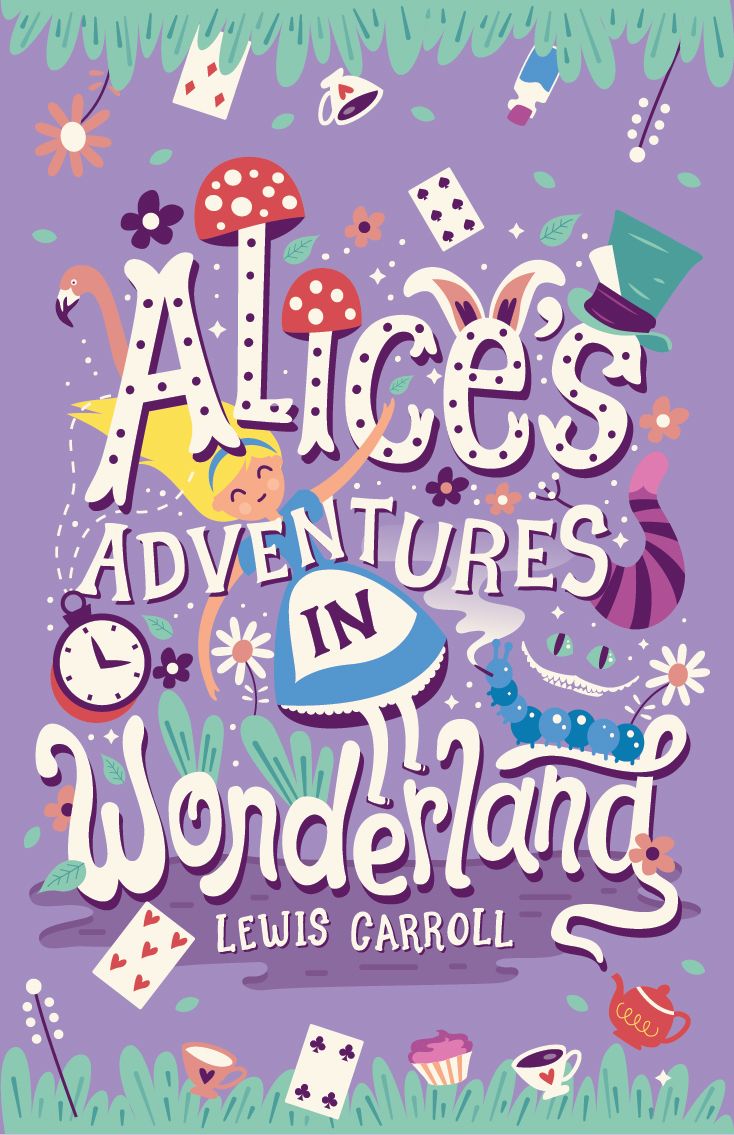
Alice’s Adventures in Wonderland by Lewis Carroll
Alice’s Adventures in Wonderland is one of the most influential children’s books of all time; it has been referenced, retold, and parodied in hundreds of later novels, has been adapted for film, and has influenced written and visual media the world over. However, in 2014, a letter by Charles Dodgson — Carroll’s real name — was discovered, talking about how much he hated the publicity that came with such a wildly successful book. Dodgson admitted, “I hate all that so intensely that sometimes I almost wish I had never written any books at all,” and would send terse and angry responses to anyone who wrote to him using his pen name.
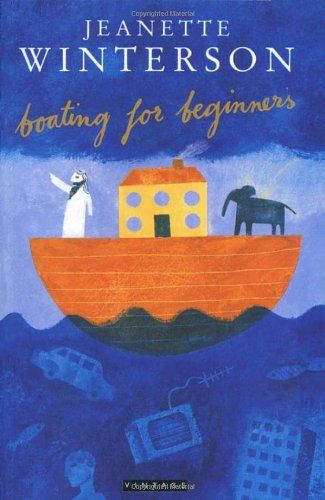
Boating For Beginners by Jeanette Winterson
Best-known for Oranges are Not the Only Fruit, Jeanette Winterson is a prolific author, but her book Boating For Beginners is less well-known, in part because of Winterson’s personal ambivalence towards the novel. While she doesn’t hate it, Winterson is frank about her reasons for publishing Boating For Beginners: she needed the cash and was able to write the book quickly. Coming out three months after Oranges are Not the Only Fruit, Boating For Beginners was a very different story, intended to be a light comedy. Winterson regretted the impact on her early literary career, saying, “I knocked up B for B and of course just after it appeared Oranges won the Whitbread and then I just didn’t make sense to people.” Luckily, the success of her later books — as recently as 2019, her book Frankissstein was shortlisted for the Booker Prize — means that the oddness of Boating For Beginners has been forgotten.
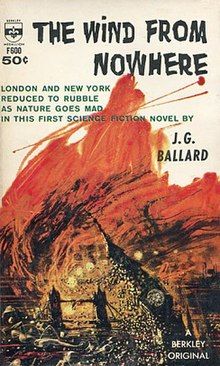
The Wind From Nowhere by J. G. Ballard
Winterson regretted her second book, but J. G. Ballard regretted his first, to the point where he often pretended that his debut was his novel The Drowned World. The Wind From Nowhere was written and published first, but Ballard admitted in interviews that he had only written the book in order to make money and didn’t actually like it. It was completed in ten days, and Ballard felt it was cliched and nothing more than hack work.
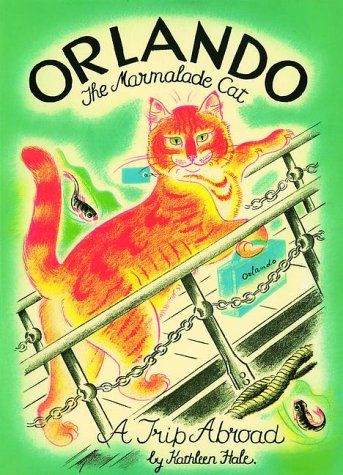
Orlando the Marmalade Cat by Kathleen Hale
The star of 19 children’s books, Orlando the Marmalade Cat, is a beloved part of many readers’ childhoods. Orlando’s adventures were published over four decades, between the 1930s and the 1970s, and were the brainchild of artist Kathleen Hale, first created to entertain her two young children. However, despite enjoying the success of the books, Hale “felt that Orlando had rather hijacked her career as a painter,” a career she had been working on since the ’20s.
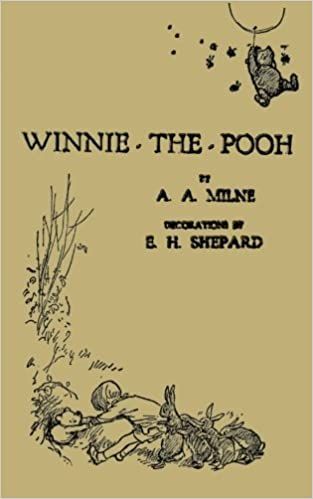
Winnie the Pooh by A. A. Milne
It’s common knowledge that the real-life Christopher Robin, son of author A. A. Milne, grew up to resent his portrayal in the hugely popular Winnie the Pooh series after being bullied at school and being referred to in connection to his childhood toys for the remainder of his life. Christopher Robin’s dislike of the books put a strain on Milne’s relationship with his son, but Milne also came to regret the books, as readers would not take any of his other work, such as his plays and nonfiction writing, seriously, thanks to the whimsy and childlike atmosphere of the Pooh stories.
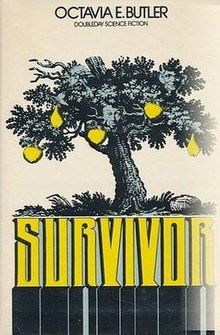
Survivor by Octavia E. Butler
Octavia E. Butler was a hugely influential sci-fi writer, with works like Fledgling and Lilith’s Brood being perennial favourites of fans of the genre. One of Butler’s many series, the Patternist books, includes Survivor, a novel published in 1978. Survivor can be hard for modern-day Butler fans to get hold of, however, as Butler herself disliked the novel. She referred to it as “really offensive garbage,” feeling that it had colonialist vibes, as the story features humans travelling to another planet and interacting with the “natives” that they found there.
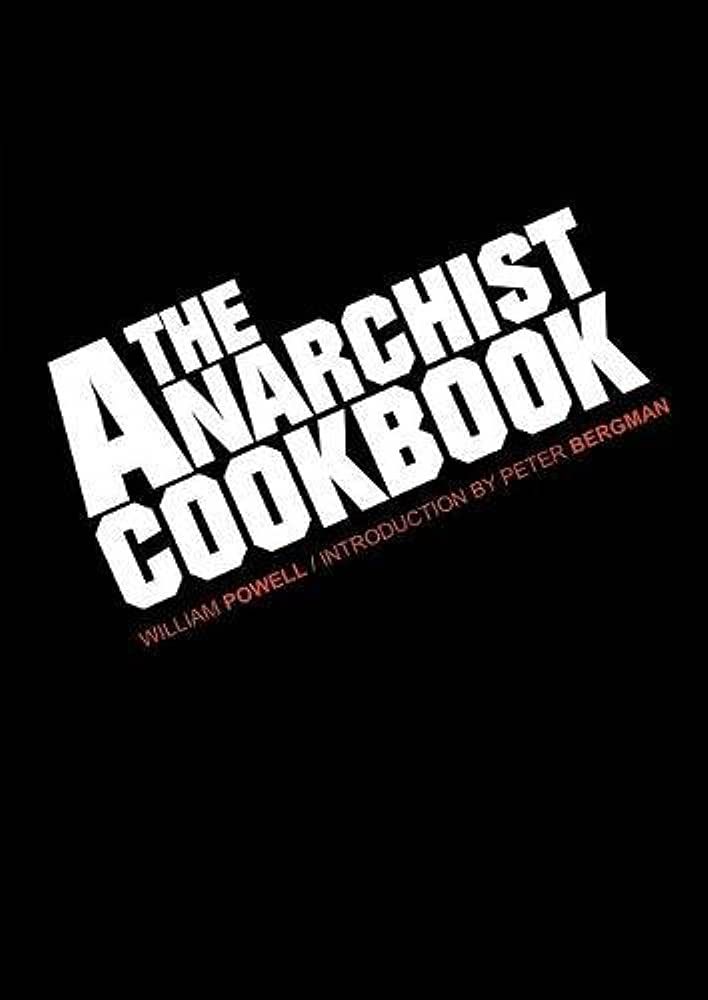
The Anarchist Cookbook by William Powell
Many writers who have regretted books state a dislike of the story itself or the impact on their own lives or future careers as the reason. Some, however, have regretted a book because of its impact on the wider world — in the case of The Anarchist Cookbook, because of its popularity amongst domestic terrorists and other violent figures. These links are far from tenuous — the book contains instructions on how to make explosives, weapons, and illegal drugs, amongst many other things. Powell spoke out frequently on how his views have changed since he wrote the book as an angry young man and tried to have the book “quickly and quietly taken out of print.” However, as he did not hold the copyright, he was unsuccessful.
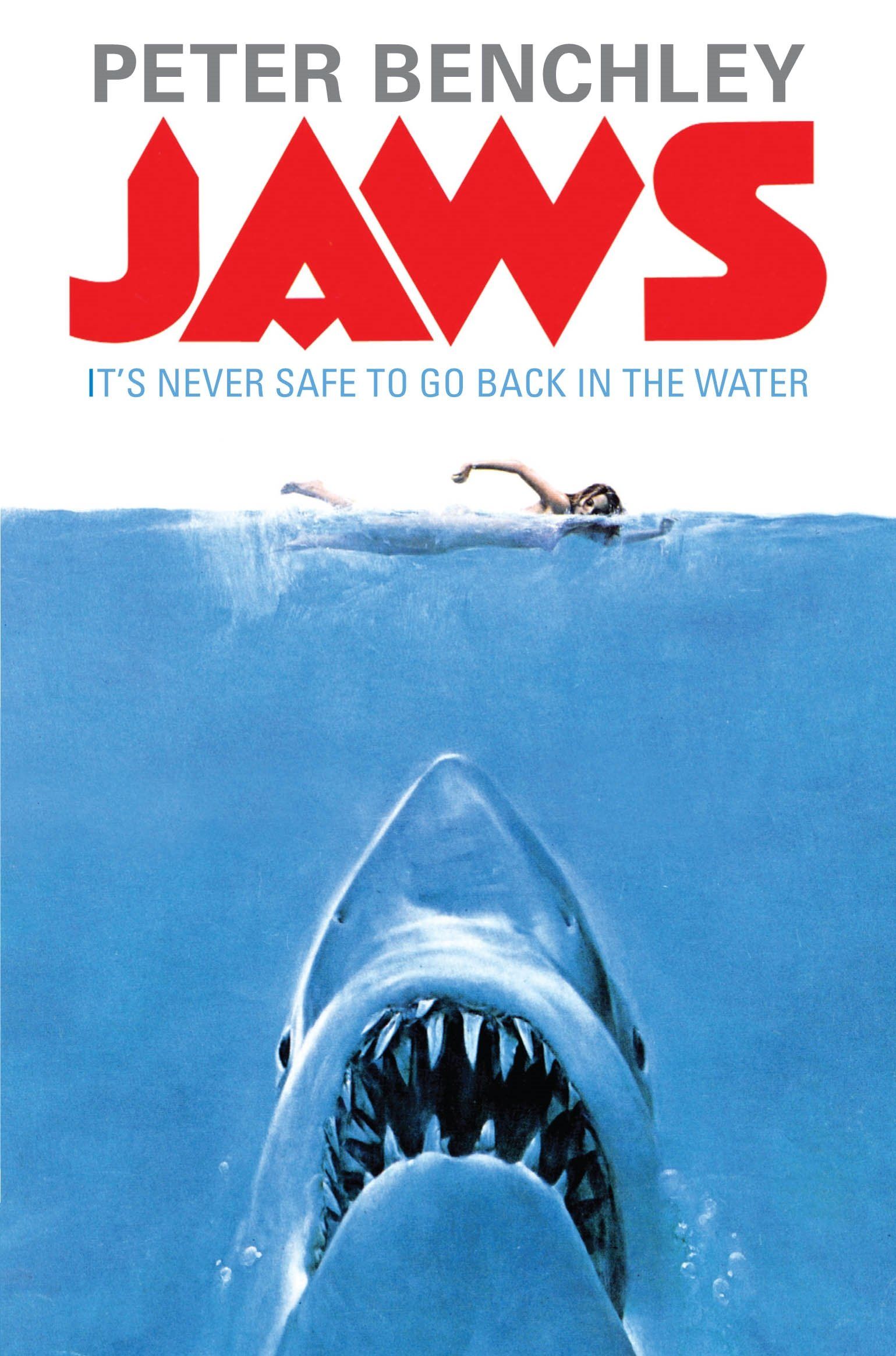
Jaws by Peter Benchley
Jaws was a runaway bestseller, and the movie version, released a year after the book’s publication, was the first summer blockbuster, so iconic that even people who haven’t seen the film can recognise lines and references from the movie (particularly the notorious soundtrack). However, while Jaws hardly had the same kind of explosive impact as The Anarchist Cookbook, it did cause massive real-world harm. Jaws cemented sharks in the public consciousness as dangerous killers, eager to attack humans, when in reality, shark attacks are vanishingly rare, and sharks can, in fact, be friendly and affectionate creatures. Benchley was so upset by the fact that Jaws gave legitimacy to shark hunting that he devoted the rest of his life to attempts to protect the animals.
If you’re interested in finding out which books the readers hated, have a look at our list of The 25 Most-Hated Books (By Book Riot Readers). Curious about why we’re so fascinated by books we dislike? Read our article on Why Do We Keep Reading a Book We’re Hating?
